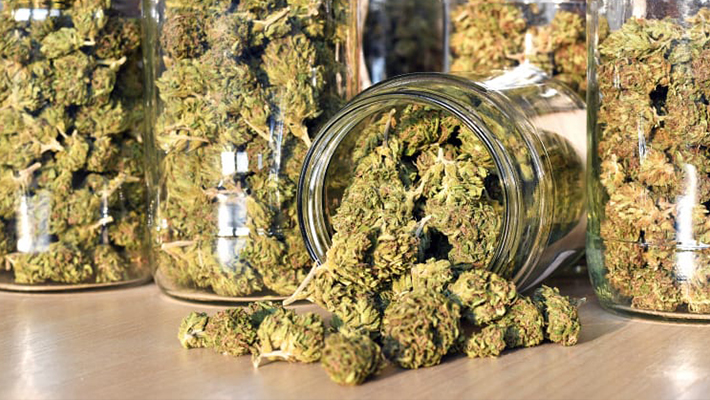“Study Reveals Increase in Emergency Room Visits for Cannabis Poisoning Among Older Canadians Post-Legalization”
According to a report by The New York Times, a recent study published in JAMA Internal Medicine has highlighted a concerning trend of older Canadians, aged 65 and above, ending up in emergency rooms due to cannabis poisoning following the legalization of marijuana in the country. The study indicates that the rate of emergency room visits for cannabis poisoning among this demographic doubled after the legalization of cannabis flower sales, and then tripled after the legalization of cannabis edibles sales 15 months later.
The research, which focused on 2,322 emergency room visits for cannabis poisoning among individuals aged 65 and above in Ontario, analyzed data from 2015 to 2022. By comparing trends before and after key legalization milestones—October 2018 for dried cannabis and January 2020 for edibles—the researchers were able to identify significant increases in cannabis-related emergency room visits among older adults.
In 2015, there were 55 recorded emergency room visits for cannabis poisoning among older adults, which increased to 462 in 2021 before slightly declining to 404 in 2022. Lead author of the study, Nathan Stall, a geriatrician at Mount Sinai Hospital and researcher at Women’s College Hospital in Toronto, noted that while some older adults intentionally used cannabis, others consumed it accidentally, mistaking edibles for regular food or snacks.
Symptoms of cannabis poisoning experienced by these patients include dizziness, confusion, nausea, loss of coordination and balance, drowsiness, and hallucinations. Stall emphasized the need for greater attention to be paid to drug use by the elderly and its health effects, highlighting the prevalence of ageism and bias in assuming that older adults are not using drugs.
The study was prompted by Stall’s personal experience of being called into the emergency room to consult on an octogenarian who exhibited severe confusion and stroke-like symptoms. Despite multiple tests showing no clear cause, a toxicology test ordered by Stall revealed cannabis in the patient’s urine, shedding light on the need for increased awareness and monitoring of cannabis use among older populations.

